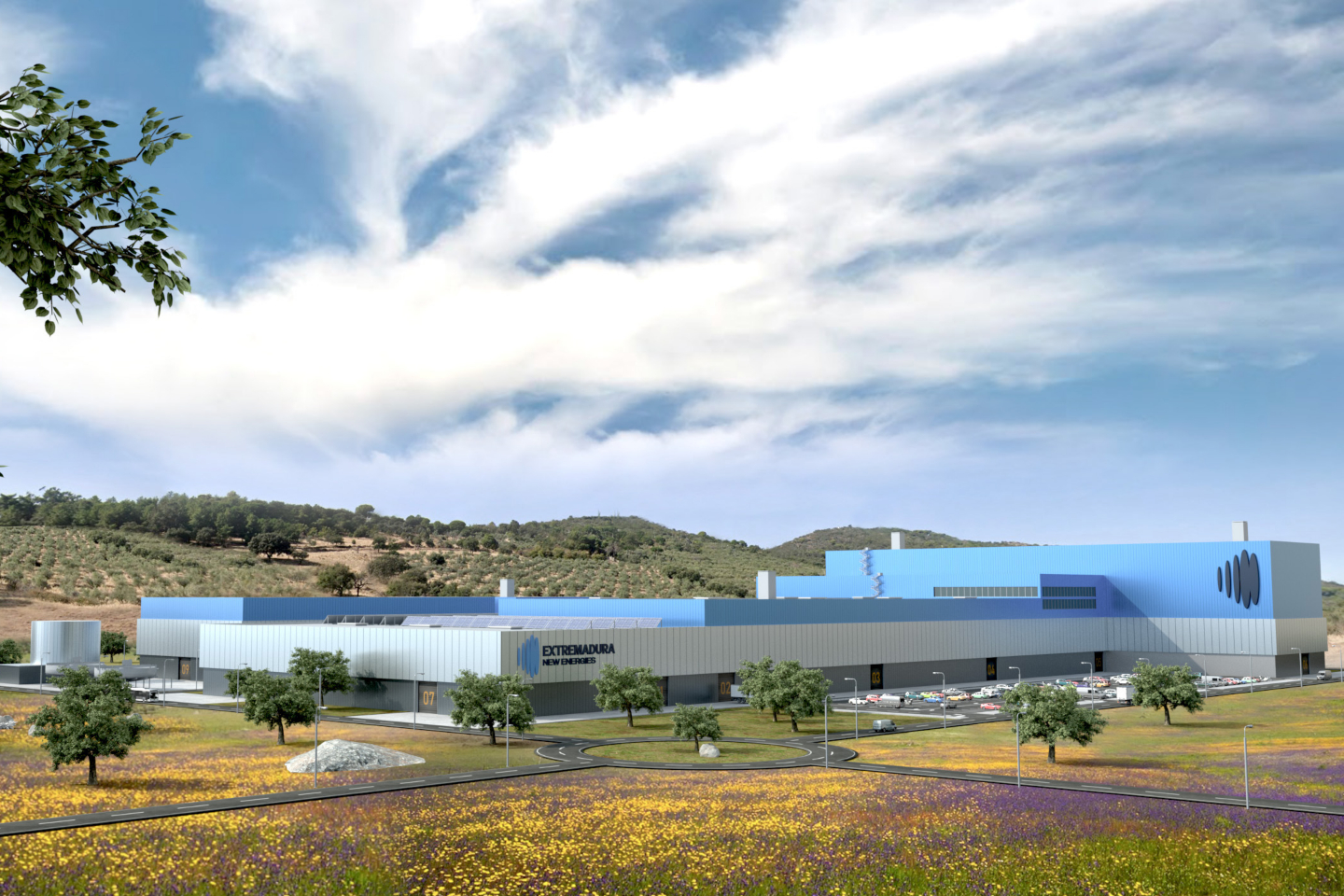Infinity Lithium’s plans to develop its 75 per cent owned San José lithium project in Spain appear to be gaining political support after local and regional government representatives have called for a technical presentation of the proposed underground mine and integrated lithium processing plant. The continued revival of the project follows the regional government’s declaration last week that lithium extraction and processing are of regional and general interest.


Infinity Lithium Corporation’s plans to develop its 75 per cent owned San José lithium project in Spain appear to be gaining political support after local and regional government representatives have called for a technical presentation of the proposed underground mine and integrated lithium processing plant.
Infinity’s grand plan is centred on the manufacturing of battery-grade lithium compounds onsite from its San José resource of a mammoth 111 million tonne resource going 0.61 per cent lithium oxide.
The resource found near the city of Cáceres in the Extremadura region of Spain has been hailed as the European Union’s second-largest JORC-compliant hard rock lithium deposit.
However, in 2021 Infinity’s investigation permit covering the project was waylaid by the local community and the regional government in opposition to the idea of extractive works.
In Extremadura, an investigation permit typically precedes an exploitation concession, similar to WA’s system of exploration and mining licences.
The revoking of the investigation permit inspired Infinity to embark on a vigorous community engagement campaign in addition to revising its mine plans from an open-pit to a less disruptive underground design.
Infinity is currently engaged with the Contentious-Administrative Court in Cáceres to have its investigative permit reinstated.
Whilst the company anticipates a positive resolution within the year, it says it maintains successive rights to the deposit and other courses of action have been considered pending the final decision.
Encouragingly for the company even though the matter is with the court, the regional government has requested a technical rundown on the project in addition to acknowledging there are a number of avenues Infinity can take to start extracting from its lithium resource.
The apparent resurrection of the project follows the regional government’s declaration last week that lithium extraction and processing are of regional and general interest.
The regulator then went as far as to approve a mandate for lithium mineral resource projects to incorporate downstream lithium processing within the autonomous territory.
Infinity says it welcomes the progressive law declared by the regional government.
As its plan appears to be gathering momentum the company has appointed the high-calibre Spaniard executive Ramón Jiménez to its board as executive director.
In March Jiménez was also appointed to the role of CEO of the company’s wholly-owned Spanish subsidiary Extremadura New Energies as Infinity looked to strengthen its in-country ties.
Regarding San José, Jiménez said the project has made “great strides” in recent months “in terms of acceptance by local and regional representatives in the local community”.
In addition, the new director said the recent approval of the regional lithium decree-law will provide San José with a “bright future in the coming months”.
Limiting carbon dioxide emissions remains a high priority for the European Union as the amalgamation of 28 countries looks to curtail its above-average emitting transport sector.
According to 2019 data from The International Energy Agency, the EU’s transport sector alone equated to nearly 3 per cent of global total emissions or 11 per cent of global transport emissions.
So far the EU has reduced its annual carbon emissions from above 4 gigatonnes in 1990 to below 3 gigatonnes nowadays and whilst it is a positive result the body appears acutely aware that taming its runaway transport sector is at the forefront of realising its net zero ambitions.
The EU plans to continue its charge towards net zero with a strong fleet of energy-efficient electric vehicles and in preparation has laid its groundwork with an array of major battery manufacturing factories.
In July prominent electric vehicle battery manufacturer Envision AESC signed a collaboration agreement with the Extremadura regional government to build a lithium battery ‘gigafactory’ within the territory, anticipating the factory to be operational by 2025.
Is your ASX-listed company doing something interesting? Contact: matt.birney@businessnews.com.au













